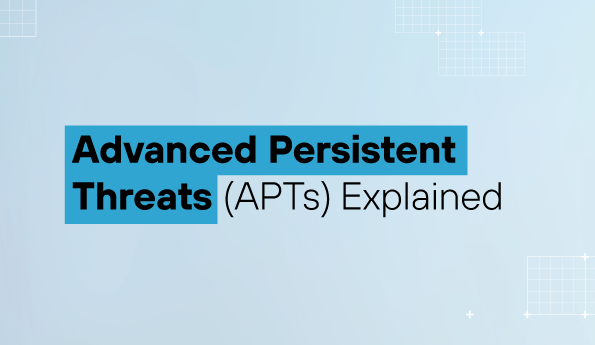EpiBrowser: A Sophisticated PUP Masquerading as Chromium


EpiBrowser is a Potentially Unwanted Program (PUP) that can install on a victim’s machine with or without their knowledge. To appear legitimate, it mimics Chromium-based browsers by using real Google Chrome components, most notably chrome_elf.dll, the library responsible for security initialization and system integration. It strengthens this deception with custom search engines (such as Yahoo!) and startup pages that mirror Chrome’s look and feel, exploiting user trust in the familiar brand.

Courtesy of PCRisk.com
Todyl’s EpiBrowser Findings
Observed Behaviors
- Creation and modification of COM-based scheduled tasks for automatic execution
- Registry autorun value manipulation to ensure boot-time activation
- File association changes to redirect user browsing activities
- Systematic reading of Internet Explorer security settings to map the browser environment
- Proxy server configuration analysis to understand network routing and potential bypass mechanisms
- Privacy and security setting modifications to reduce detection likelihood.
We also notice that it creates and subsequently terminates WerFault.exe (Windows Error Reporting service) during execution based on the samples’ behavior, which is a technique commonly associated with process hollowing or injection attacks.
Certificate Abuse
The threat actor signed the software using certificates issued to ‘Byte Media Sdn. Bhd.,’ a Johor, Malaysia–based digital transformation consultancy that provides IT modernization, usability, and advisory services.
What is the present and future impact?
Users tricked into installing this browser become victims of data collection and search redirection. They may also risk potential exposure to additional malware through sketchy ads and search results.
The certificate abuse is particularly concerning because it's eroding one of our core trust mechanisms. If attackers can consistently obtain legitimate certificates from multiple CAs, the community may need to rethink our code signing verification approach entirely. With more malware families adopting these Chrome-mimicking techniques, EpiBrowser is a preview of what's coming, and we need to start preparing our defenses accordingly.
Guidance for MSPs
- Monitor for unexpected modifications to browser settings and autorun registry entries
- Exercise extreme caution when installing browser software from unfamiliar sources
- Regularly audit installed programs and browser extensions
- Monitor system startup programs for unexpected entries
Removal
Windows users can remove the browser from their system through the "Apps and Features" and "Programs and Features" options on Windows 11 and Windows 10, respectively.
Todyl Platform Capabilities
Todyl’s security solution is designed to detect this specific type of cyber threat with precision. Backed by our expert MXDR team, we provide continuous monitoring of suspicious activity to quickly identify potential threats and safeguard your most sensitive assets. We also collaborate closely with your team to develop custom detection rules, ensuring full visibility, transparency, and a security approach tailored to your unique environment.
Indicators of Compromise
The subject name of code signature is “Byte Media Sdn. Bhd."
(HKEY_CURRENT_USER\Software\EPISoftware\EpiBrowser*)
(HKEY_CURRENT_USER\Software\EPISoftware\Update*)
(HKEY_CURRENT_USER\SOFTWARE\Policies\EPISoftware\EpiBrowser)
Description: Epibrowser registry persistence
C:\Users\<USER>\AppData\Local\Temp
\epibrowser-bin\epibrowser.exe
C:\Users\<USER>\AppData\Local\EPISoftware
\EpiBrowser\Application\130.0.6723.147\notification_helper.exe
Description: The file locations of the application.
References
- https://www.malwarebytes.com/blog/detections/pup-optional-epibrowser
- https://www.truesec.com/hub/blog/tamperedchef-the-bad-pdf-editor
- https://www.wipersoft.com/remove-epistart-epibrowser-potentially-unwanted-program/
Hashes
f52ca24fd5f99891
e0385959bad2ddd9
14040c0474ba5e16
c6d4d6fc20181d5e
184f49cade4b27dc
435fe24f18d31f14
10a3f5c065831b6c
889b289c5aacb02d
60b336093ae1c56e
9bcd3b8322533101
ed5dc60c6dfda6b4
ca321f147369de68
73c97542fe54228e
a553be487a8d1665
97222a357a9f423e
f3eee840154af91e
Dc03f86386c87623
1cef5e82c78ab75f
See Todyl in Action
Learn how you can protect what you built.
Stay on the Cutting Edge of Security
Subscribe to our newsletter to get our latest insights.



